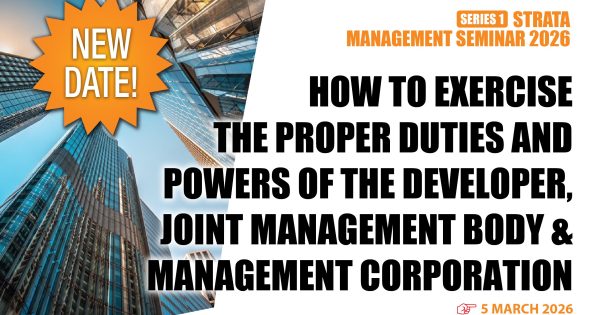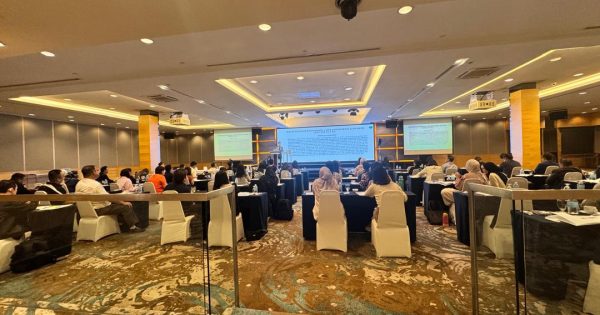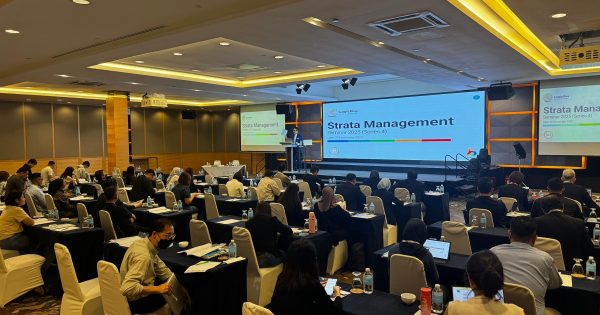
The Court of Appeal in Bludream City Development Sdn. Bhd. v. Kong Thye & Ors and Other [2022] 2 CLJ 829 has on 29.7.2021 last year decided the issue in the affirmative.
Facts of the Case:
The purchasers entered into a Sale and Purchase Agreement (“SPA”) with a developer which provides that the vacant possession (“VP”) of the parcel will be delivered to the purchasers within 42 months from the date of the SPA. After signing of the SPA, the developer applied to the Housing Controller to extend the 42 months period of VP to 59 months. The Housing Controller however only extended the time period partially to 54 months. Dissatisfied, the developer appealed to Minister of Housing and Local Government. The Minister allowed the said appeal and granted to the developer an extension period of 59 months.
Notwithstanding the extension of time, the purchasers sought to claim for liquidated ascertained damages (“LAD”) on the basis that the developer has failed to deliver VP within 36 months from the date of the SPA, as prescribed under Schedule H of the Housing Development (Control & Licensing) Regulations 1989 (“HDR”).
The purchasers filed judicial review applications in the High Court to review the decision of the Housing Controller and the Minister in granting the extension of time.
Decision of the High Court:
The High Court in essence held that the purchasers were entitled to claim LAD based on the 36 months period:
- The Housing Controller has no power to grant the extension of time given that Regulation 11(3) of the HDR, the basis on which the extension of time was granted is invalid. This is based on an earlier decision delivered by the Federal Court in Ang Ming Lee & Ors v. Menteri Kesejahteraan Bandar, Perumahan Dan Kerajaan Tempatan & Anor And Other Appeals [2020] 1 CLJ 162 (“Ang Ming Lee”).
- The Minister’s decision to grant the extension of time constitutes an illegality. Even if the Minister has the power to extend the 36 months period, the Minister has failed to give all purchasers a right to be heard before granting the same.
Decision of the Court of Appeal:
The Court of Appeal overturned the High Court’s decision and held that the extension of time granted by the Minister is valid:
- The Court of Appeal distinguished Ang Ming Lee where the impugned decision to extend time for VP is made by the Controller and not the Minister.
- Regulation 11(3) of the HDR does not take away the power of the Minister to make a decision to waive and modify the terms of the scheduled contract. Even without the impugned Regulation 11(3), Section 24(2)(e) of the Housing Development (Control and Licensing) Act 1966 (“HDA”) allows the Minister to do so. The Minister’s powers further extend to giving directions under Section 11 and Section 12 of the HDA for the purpose of safeguarding the interests of the purchasers.
- Hearing the purchasers would make no difference and would constitute a mere formality.
- Even a small number of purchasers were to agree to waive the LAD claim, that would have made no difference as being a high-rise the developer would still need to construct every floor of the apartments.
- The extension of time that arose from the stop work order is required for the developer to complete the project.
- The reasons given by the Developer in applying for the extension of time is not irrational. The Court took into the interest of the purchasers who had faced the real likelihood of the project being abandoned because of the 17 month arising from the stop work order.
- The Court finds no reason to interfere with the exercise of discretion vested in the Minister.
It is interesting to note that the Court of Appeal took the position that the purchasers’ challenge against the extension of time first granted by the Housing Controller is a non-starter. This is because the purchasers would have been out of time to file a judicial application to review the same and that the Controller’s decision had been subsumed to the Minister’s decision. [See paragraphs 17 and 23 of the Grounds of Judgment dated 24.1.2022.]
In other words, the purchasers are only entitled to claim LAD for completion outside the 59 months. In this regard, the Court of Appeal held that “to insist on claiming LAD for the period of extension granted by the Minister and to ask the Court to quash the decision of the Minister would cause undue and aggravating hardship to the Developer.”
Takeaway:
Instead of focusing on Regulation 11(3) of the HDR, the Court of Appeal also looked at other provisions in the housing development legislations that empower the Minister to grant an extension of time. This approach is commendable as it would, in the author’s view, be insensible to construe the law too strictly so as to hinder the possibility of a developer in obtaining an extension of time to deliver VP given the rising costs of labour and magnanimous nature of the housing projects these days.
This is especially so when there are valid considerations at play that tilt the balance of scale in favor of an extension of time be granted, lest there will be a consequent increase in house prices for future projects, to the detriment of purchasers.
In this case, the Court of Appeal stepped into the shoe of the Minister and considered that the granting of the extension of time is not irrational as it works best in the interest of both parties. Simply put, the Minister retains the power to grant an extension of time for the developer to complete the units but he cannot delegate this power to the Controller.


